In the world of finance and investments, a term that frequently surfaces is "Qualified Institutional Buyer" or QIB. This designation carries significant weight, as it pertains to regulatory qualifications and the ability to participate in certain investment opportunities. In this article, we'll explore what a Qualified Institutional Buyer is, the criteria that define them, and why they hold a special place in the investment landscape.
Defining a Qualified Institutional Buyer (QIB):
A Qualified Institutional Buyer, often abbreviated as QIB, is an entity that meets specific criteria outlined by the United States Securities and Exchange Commission (SEC) to be eligible to participate in certain investment activities. These criteria are primarily designed to ensure that QIBs are institutional investors with substantial financial resources and expertise in managing investments.
Criteria for Qualification as a QIB:
To be considered a Qualified Institutional Buyer, an entity must typically meet one or more of the following criteria:
1. Investment Companies: Investment companies, such as mutual funds, registered under the Investment Company Act of 1940, with at least $100 million in assets under management.
2. Regulated Entities: Certain regulated financial institutions, including commercial banks, savings and loan associations, insurance companies, and registered brokers or dealers.
3. Private Business Development Companies: Private business development companies as defined in the Investment Company Act of 1940.
4. Large Institutional Buyers: Entities that, in the aggregate, own and invest on a discretionary basis at least $100 million in securities.
5. Investment Advisors: Investment advisers with at least $100 million in assets under management.
6. Entities Owned by QIBs: Entities owned exclusively by QIBs.
7. Employee Benefit Plans: Employee benefit plans with total assets of at least $100 million, irrespective of the number of participants.
8. Trusts Not Formed for the Purpose of Buying the Offered Securities: Certain trusts not formed for the specific purpose of acquiring the securities offered in a particular transaction.
Significance of QIB Status:
Being designated as a Qualified Institutional Buyer carries significant importance and advantages in the investment world:
1. Access to Restricted Offerings: QIBs are eligible to participate in investment opportunities that are not available to individual investors or entities that do not meet the QIB criteria. These offerings often include private placements, Rule 144A offerings, and other restricted securities.
2. Liquidity and Investment Options: QIBs have access to a broader range of investment options, including investments in securities that may not be as easily tradable in public markets.
3. Diversification: The QIB designation allows institutional investors to diversify their investment portfolios, potentially reducing risk and enhancing returns.
4. Institutional Expertise: QIBs are typically institutions with substantial experience and expertise in managing investments, which can enhance their ability to assess and manage risk.
Regulatory Oversight:
While QIBs enjoy certain privileges in the investment arena, they are also subject to regulatory oversight. The SEC monitors compliance with the QIB criteria to ensure that these entities continue to meet the required standards.
In conclusion, a Qualified Institutional Buyer (QIB) is an institutional investor that meets specific criteria set by regulatory authorities, primarily the SEC in the United States. QIBs play a vital role in the investment landscape by participating in restricted offerings and accessing a wide range of investment opportunities that may not be available to other entities or individual investors. Their expertise, financial resources, and regulatory status make them key players in the world of finance and investments.

